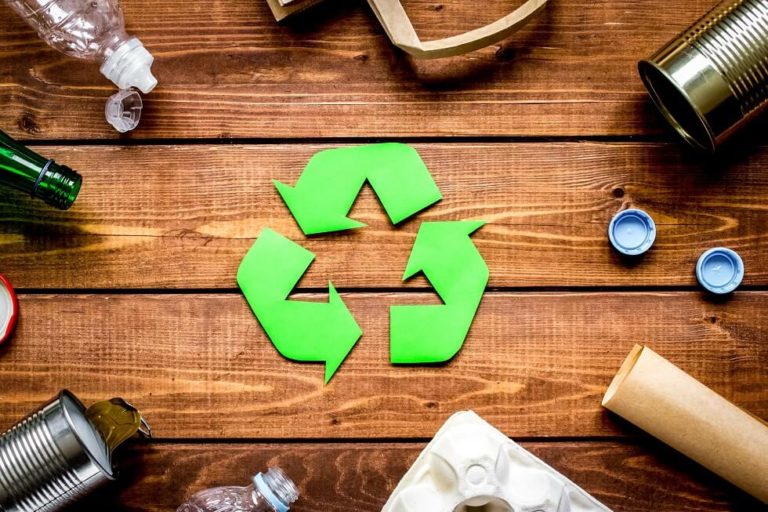BIDI® Cares: Save your BIDI®, Save our Planet is the full recycling program of BIDI® that aims and promotes recycling empty BIDI® Sticks. According to the National Geographic Society (2019), roughly 4.5 trillion cigarettes are discarded each year worldwide. This is through taking away cigarette smoke and, at the same time, protects the environment from irresponsible waste disposal.
Aside from this, improper waste disposal of batteries can be extremely toxic to our health and the environment. These used vaping products contain residual nicotine and lithium-ion batteries. These pose an imminent threat to domestic pets and wildlife if the residual nicotine goes into the environment. Even worse, it could get into children, if they happen to find and play with it.
The global environmental impact of batteries is assessed in terms of four leading indicators. These indicators further distinguish the impact of disposable and rechargeable batteries.
Consumption of Natural Resources
Production, transportation, and distribution of cells consume natural resources, thereby contributing to an accelerating depletion of natural resources. Rechargeable batteries consume less nonrenewable natural resources than disposable batteries. This is because of the fewer rechargeable batteries to provide the same amount of energy.
Climate Change and Global Warming
The increase in the average temperature of the Earth’s surface is because of an increasing greenhouse gas effect. The manufacturing and transportation of batteries emit exhaust and other pollutants into the atmosphere, thereby contributing to the greenhouse effect.
Photochemical Smog Pollution and Air Acidification
Batteries undergo a photochemical reaction as they decompose in landfills. This triggers emissions of greenhouse gases—the greenhouse effect results in global warming/climate change. Air acidification is the accumulation of acidic substances in atmospheric particles. These particles, deposited by rain, have an impact on soil and ecosystems.
Ecotoxicity and Water Pollution
There are potential toxic risks with the emission of battery chemicals into aquatic ecosystems. Improper or careless handling of waste batteries can result in the release of corrosive liquids. Also, dissolved metals are toxic to plants and animals. Improper disposal of batteries in landfill sites can result in the release of toxic substances into groundwater and the environment.
BIDI® Cares Promotes these Major Eco-friendly Initiative
BIDI® Sticks uses high-quality and recyclable batteries. However, our batteries can not only outperform the vapor competition, but it also allows us to save our planet with our customers’ help in recycling the entire BIDI® Stick.
Help us save the environment by working with our consumers and promote a mindset of conscious and responsible waste disposal. BIDI® Stick batteries are CE, FCC, & ROHS Certified, making sure that what you use is safe. These are batteries that allow its users to have a clean and consistent BIDI® Experience through batteries that do not warm up when in use and top-grade level battery comparable to cellular phone batteries that are powered enough for it to be recycled.
Conclusion
At Bidi Vapor, we take pride in our creation of BIDI® Stick. It is a premium vaping device made with high-quality components but also leads the charge in an eco-conscious vaping initiative.
Our vision is to be the renowned best provider of a vaping device that does not only deliver the best vaping experience but is also conscious of the environmental footprint it leaves behind.
For more information, please contact 1-(833) FOR-BIDI or email us sales@bidivapor.com.

